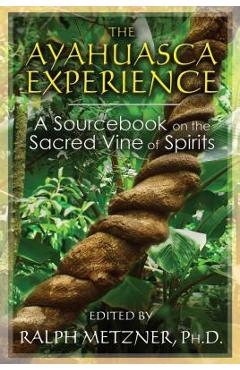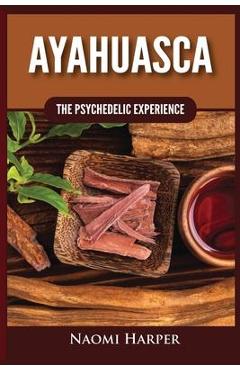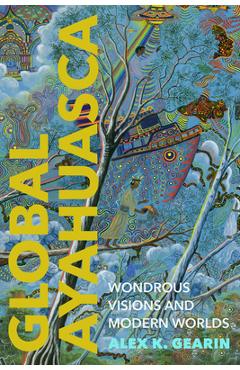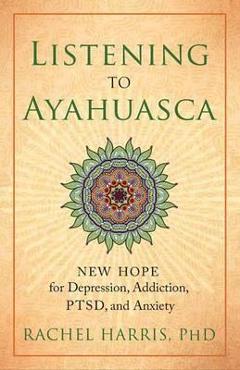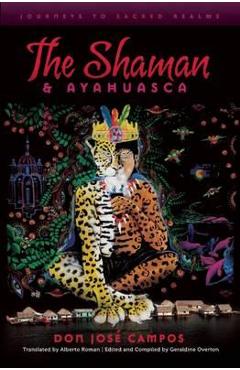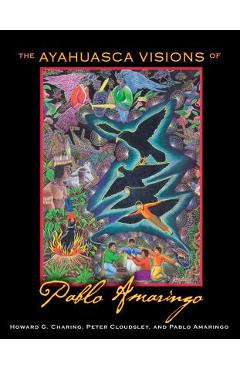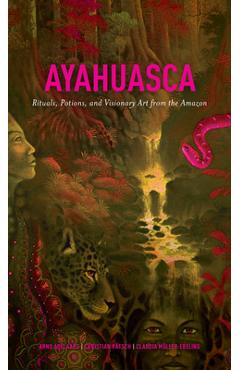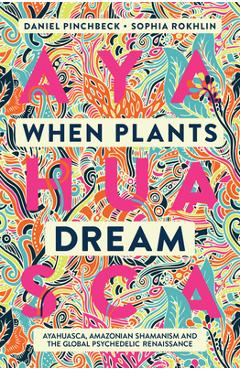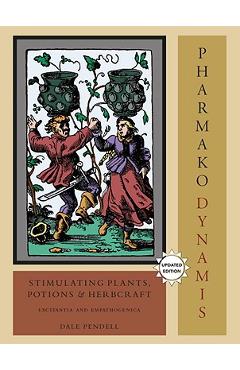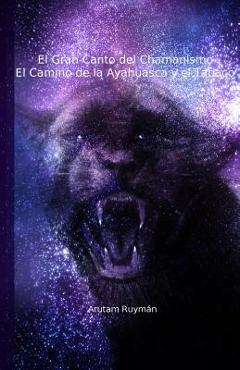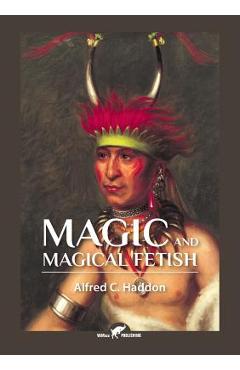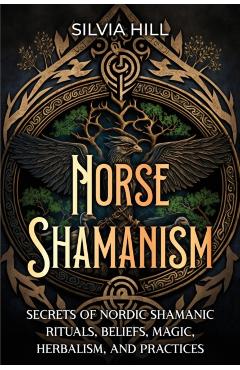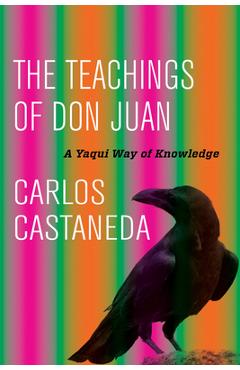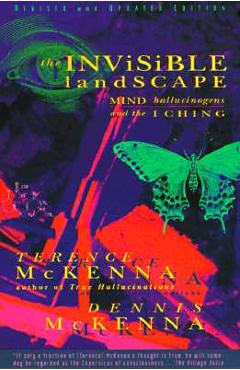The Psychotropic Mind: The World According to Ayahuasca, Iboga, and Shamanism
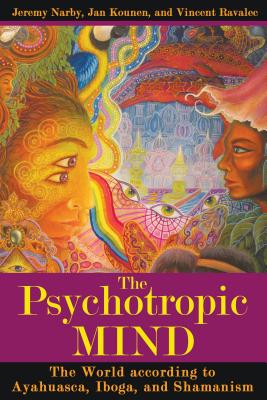
The Psychotropic Mind: The World According to Ayahuasca, Iboga, and Shamanism
Conversations on shamanism and mind-altering plants by filmmaker Jan Kounen, anthropologist Jeremy Narby, and writer/filmmaker Vincent Ravalec - Explores how ayahuasca and iboga are tools for communicating with other life-forms - Offers insights into the role this indigenous knowledge can play in solving the current problems facing the world In the Amazon, shamans do not talk in terms of hallucinogens but of tools for communicating with other life-forms. Ayahuasca, for example, is first and foremost a means of breaking down the barrier that separates humans from other species, allowing us to communicate with them. The introduction of plant-centered shamanism into the Western world in the 1970s was literally the meeting of two entirely different paradigms. In The Psychotropic Mind, three of the individuals who have been at the forefront of embracing other ways of knowing look at the ramifications of the introduction into our Western culture of these shamanic practices and the psychotropic substances that support them. With rare sincerity and depth, noted anthropologist Jeremy Narby, filmmaker Jan Kounen, and writer/filmmaker Vincent Ravalec explore the questions of sacred plants, initiations, hallucinogens, and altered states of consciousness, looking at both the benefits and dangers that await those who seek to travel this path. Focusing specifically on ayahuasca and iboga, psychotropic substances with which the authors are intimately familiar, they examine how we can best learn the other ways of perceiving the world found in indigenous cultures, and how this knowledge offers immense benefits and likely solutions to some of the modern world's most pressing problems.
PRP: 105.09 Lei
Acesta este Pretul Recomandat de Producator. Pretul de vanzare al produsului este afisat mai jos.
94.58Lei
94.58Lei
105.09 LeiLivrare in 2-4 saptamani
Descrierea produsului
Conversations on shamanism and mind-altering plants by filmmaker Jan Kounen, anthropologist Jeremy Narby, and writer/filmmaker Vincent Ravalec - Explores how ayahuasca and iboga are tools for communicating with other life-forms - Offers insights into the role this indigenous knowledge can play in solving the current problems facing the world In the Amazon, shamans do not talk in terms of hallucinogens but of tools for communicating with other life-forms. Ayahuasca, for example, is first and foremost a means of breaking down the barrier that separates humans from other species, allowing us to communicate with them. The introduction of plant-centered shamanism into the Western world in the 1970s was literally the meeting of two entirely different paradigms. In The Psychotropic Mind, three of the individuals who have been at the forefront of embracing other ways of knowing look at the ramifications of the introduction into our Western culture of these shamanic practices and the psychotropic substances that support them. With rare sincerity and depth, noted anthropologist Jeremy Narby, filmmaker Jan Kounen, and writer/filmmaker Vincent Ravalec explore the questions of sacred plants, initiations, hallucinogens, and altered states of consciousness, looking at both the benefits and dangers that await those who seek to travel this path. Focusing specifically on ayahuasca and iboga, psychotropic substances with which the authors are intimately familiar, they examine how we can best learn the other ways of perceiving the world found in indigenous cultures, and how this knowledge offers immense benefits and likely solutions to some of the modern world's most pressing problems.
Detaliile produsului









